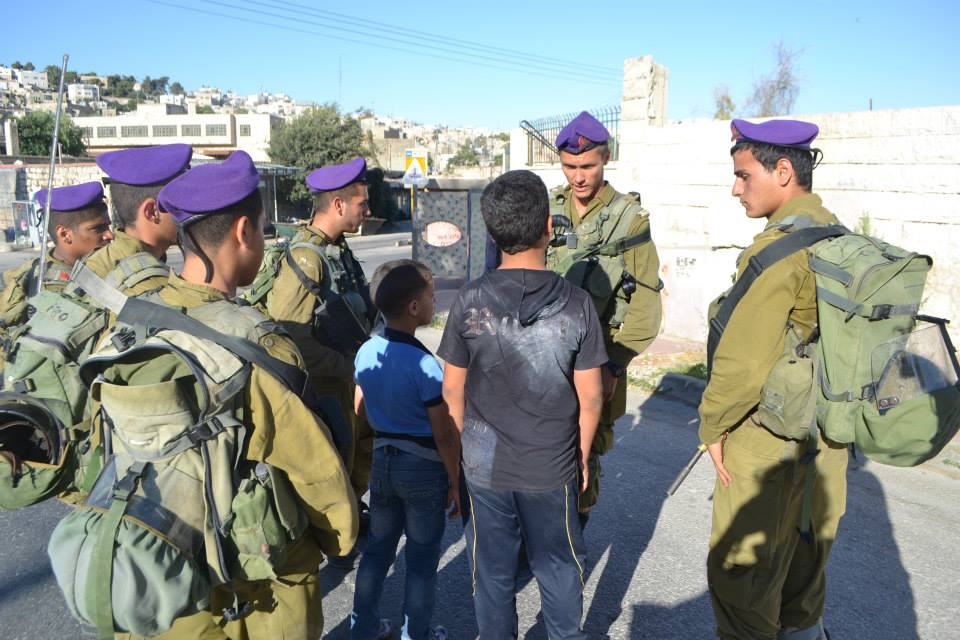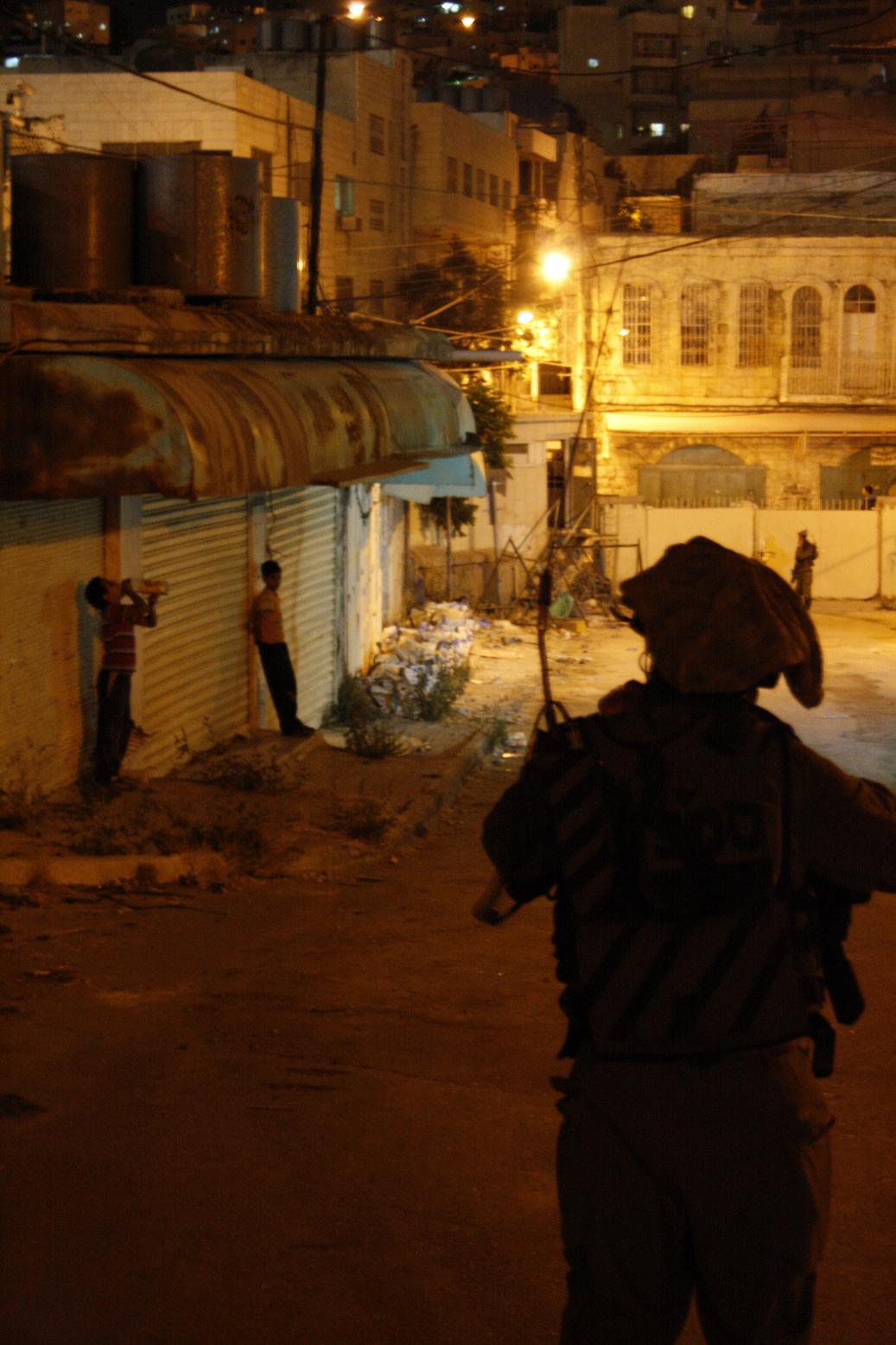Tag: Child Arrest
-
“We don’t care” – A shocking response from Israeli soldiers arresting children in Hebron
28th June 2013 | International Solidarity Movement, Khalil Team | Hebron, Occupied Palestine Two brothers aged 10 and 13 were today taken by the Israeli occupation forces whilst playing outside their home in the old city of Hebron. They were forcibly taken to the military base on Shuhada Street which is closed to Palestinians, while…
-
Witness to a child arrest in occupied Hebron
24th June 2013 | International Solidarity Movement, Khalil Team | Hebron, Occupied Palestine Since coming to the West Bank I had heard a lot about the Israeli army detaining and arresting children. Despite this, the first time I saw it myself, I was amazed. Amazed that people – young soldiers – could intimidate, harass and…
-
Setting a dangerous precedent: 16-year-old Ali Shamlawi faces 25 counts of attempted murder for alleged stone throwing
18th June 2013 | Mondoweiss, Katherine Flynn| Hares, Occupied Palestine Three months ago today, in the early hours of March, 17 2013, Israeli soldiers appeared at 16-year- old Ali Shamlawi’s house in the West Bank village of Hares. They blindfolded him, handcuffed him and took him away. His arrest was one of a spate of…


